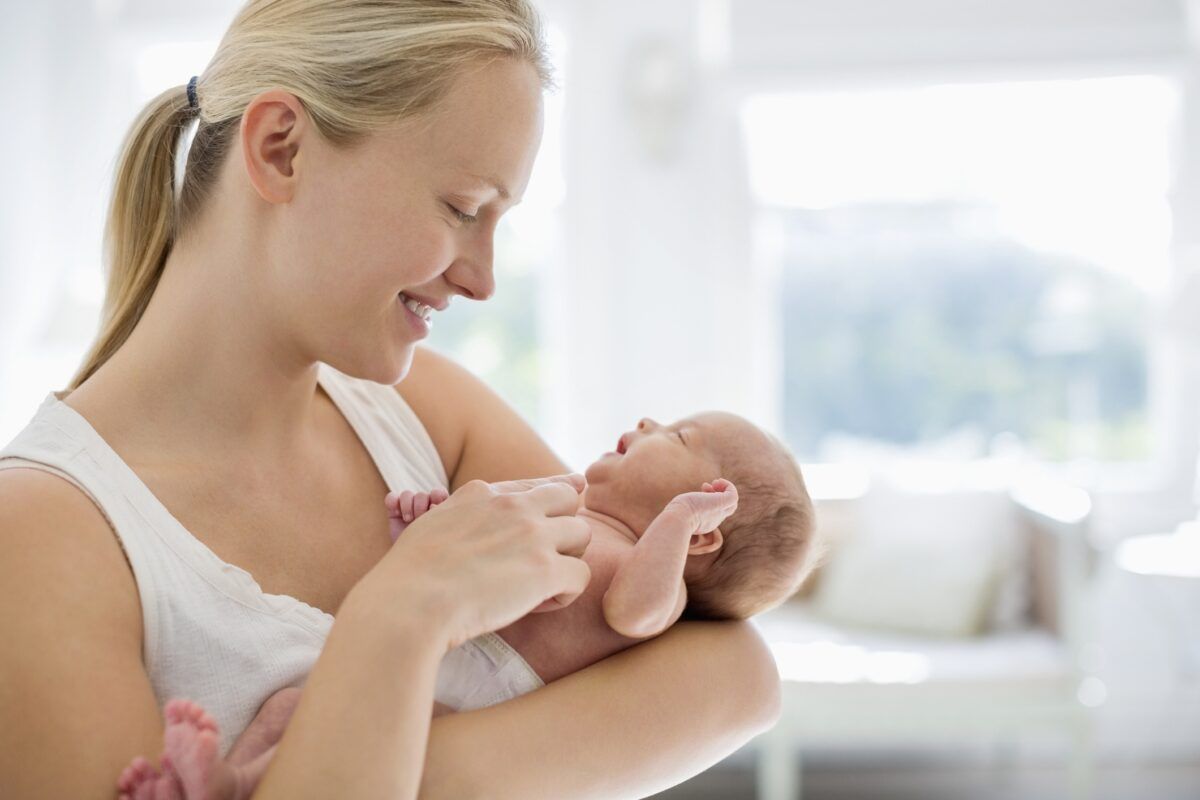In January this year, the Lancet held a symposium on breastfeeding worldwide [1]. Dr Nigel Rollins from WHO spoke passionately about the importance of breastfeeding: ‘Our systematic review emphasised how important breastfeeding is for all women and children irrespective of whether they are rich or poor.’ Professor Cesar Victora reported: ‘There is a widespread misconception that the benefits of breastfeeding only relate to poor countries, nothing could be further from the truth, our work clearly shows that breastfeeding saves lives and money in all countries rich and poor alike’[2]. The Lancet also confirmed that stopping breastfeeding early has significant health consequences. This is all good news for those involved in breastfeeding.
The UK’s breastfeeding rates at 12 months came out as the lowest in the world at 0.5% However, what wasn’t mentioned was the high initiation rate. The number of women who start breastfeeding has been growing steadily over the last two decades. Women want to breastfeed. The last national infant feeding survey in 2010 reported that the average initiation rate was 81% [3] . Although the national surveys have been stopped through cuts, the few infant feeding co-ordinators left in post, are still trying to collect this important data. I was at a recent meeting that confirmed that the drop off in the first four days of a baby’s life is extremely high.
So what happens? If an average of four out of every five women start off breastfeeding their babies, what goes wrong? How do we get to 0.5%? Most women say that they stopped breastfeeding before they wanted to, not that they didn’t want to breastfeed. Of course, every women should have the right to have her decision of her personal feeding choice respected, but I see far too many women who are unhappy with their personal outcome. I believe it is not women who don’t want to breastfeed that we are letting down, but those who do, women who are reluctantly reduced to giving formula because there is not enough skilled support available to help them.
Breastfeeding is an individual choice for mothers, but it is also an important determinant of public health. The government is rightly concerned about reducing childhood obesity and breastfeeding is the first step to healthy eating for life. The highly respected Dr Jack Newman stated that: ‘This is not about the success of any individuals, it’s about the survival of our health and the health of our children and future generations’ [4]. In the UK poorer mothers are far less likely to breastfeed than richer mothers, which only increases health and social inequality.
This is not about the individual mother. It’s not about personal heartbreaking stories, of which I have heard many. It’s about policy makers taking responsibility and funding good support systems for those that choose to breastfeed. Its also not helped by active and aggressive promotion of breast milk substitutes .Their manufacturers and distributors continue to be a substantial global barrier to breastfeeding.’Promotion and marketing have turned infant formula, which should be seen as a specialised food that is vitally important for those babies who cannot be breastfed, into a normal food for any infant’ [5}.
I work in both hospitals and the community, and I see countless women and babies being failed by poor and inappropriate support. Mothers are constantly told that they must do something and that ‘breast is best”, yet at the same time no one can show them how. This understandably creates a lot of angry, ashamed and bitter feelings. When there is promotion but not support, like someone repeatedly shouting ‘Dance! Dance!’ but not playing the music to dance to. Not exactly the ideal foundation for a new family to build from! I know first hand that when support is good, more women achieve their goals, whatever they may be. Not only do we have healthier mums and babies that are less of a drain on our dwindling public health budget but happy ones.
It makes financial sense, too. In 2012 UNICEF stated that: ‘Moderate increases in breastfeeding rates could save the NHS millions.’ The Lancet Series calculates the overall savings would actually be in billions. Keith Hanson of the World Bank said: ‘In sheer economic terms, breastfeeding may be the single best investment a country can make.’ The good news is that we know what can be done. What we now need to work on is providing skilled help. I have seen too many women with sore, cracked and bleeding nipples, who have sought help and been told that it’s all fine and ‘breastfeeding hurts’. It is not fine, and it should not hurt. So please policy makers and government, help us to preserve the health and well being of UK citizens. Look at what the statistics are telling us. And to all women, please seek good appropriate support. It really can help.
[1] https://www.thelancet.com/series/breastfeeding]
[2] Breastfeeding in the 21st century: epidemiology, mechanisms, and lifelong effect (30 January 2016), Victora, CG et al, The Lancet Volume 387, Issue 10017, 475-490
https://dx.doi.org/10.1016/S0140-6736(15)01024-7
[3] Infant Feeding Survey 2010 (2012), Fiona McAndrew et al, Health and Social Care Information Centre https://www.hscic.gov.uk/catalogue/PUB08694
[4] https://www.facebook.com/DrJackNewman/
[5] https://www.babymilkaction.org/archives/7167
https://ukbreastfeedingtrends.files.wordpress.com/2016/02/open-letter-breastfeeding-response-to-lancet-final-version.pdf




